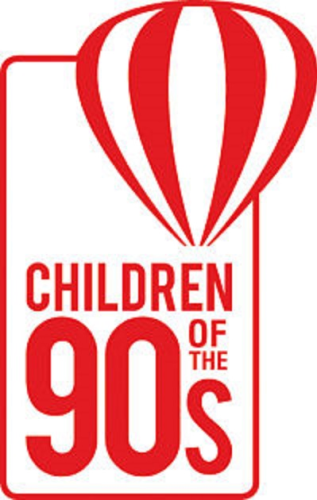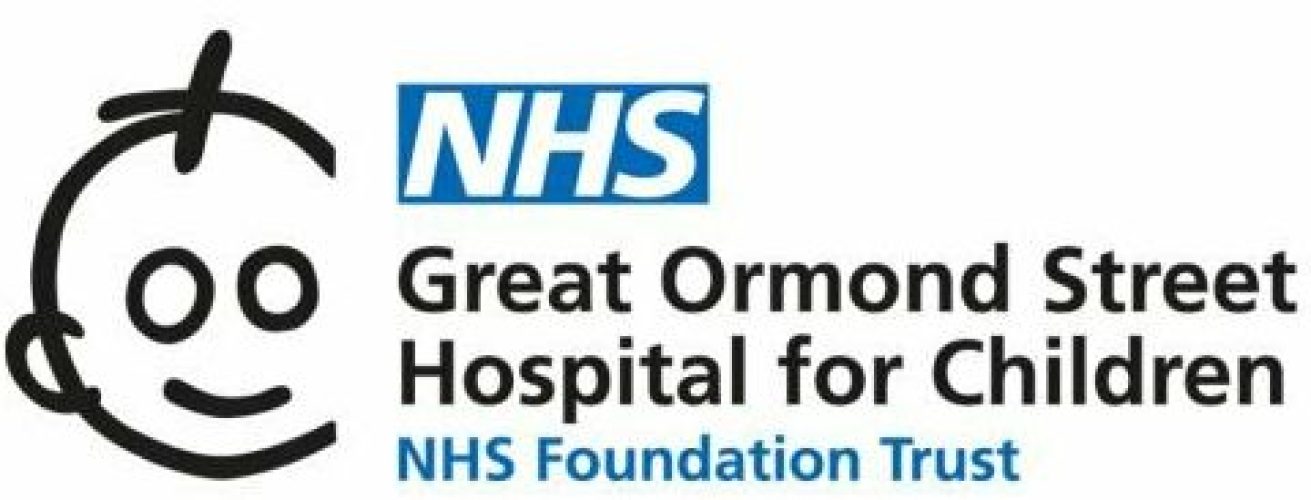ALSPAC and GOSH: a story of success for the COVID-19 curated and open analysis research platform.
By Marialuisa Cursino
Our wonderful team of data engineers have been supporting data partners towards mapping their datasets in a streamlined and coherent way. The data standardisation process is a crucial element of our platform because it enables our data engineers to transform the data, without having access to any sensitive information. We spoke to Erum Masood about the success showcased by GOSH and ALSPAC on standardising their data. The key to the success of these data partners were having a designated point of contact from both sides, good communication and eagerness to contribute to CO-CONNECT.
Background
Many of you will have heard of ALSPAC (Avon Longitudinal Study of Parents and Children) as the ‘Children of the 90s’ project. ALSPAC have worked with Bristol’s population for almost 30 years, collecting data relating to an individual’s biological makeup, their lifestyle and other factors that can aid the curation and open analysis of COVID-19 data by the research community. During the COVID-19 pandemic ALSPAC have been using their abundant access to datasets from this Bristolian population to aid our understanding of factors responsible for certain COVID-19 outcomes.
The Great Ormond Street Hospital (GOSH), on the other hand, work with extremely vulnerable children and their families. Recognising how the SARS-CoV-2 (COVID-19) virus impacts those who are vulnerable disproportionately, we have been catering to the COVID-19 Staff Testing of Antibody Responses Study Co-STARS study. The Co-STARS study collects healthcare workers’ data during a six-year period to assess levels of immunity from the COVID-19 virus.


Data Standardisation (OMOP) success: how did ALSPAC and GOSH achieve this milestone?
GOSH has now completed steps one and two, and ALSPAC has completed all three steps on the data standardisation process. That is to say, they have:
(1) Pre-processed their data and have been able to provide us with the metadata information.
(2) CO-CONNECT mapped all of the data partner’s standardised metadata on a standard platform using the CO-CONNECT mapping tool.
(3) Mapped and translated to OMOP in their own environment, using the CO-CONNECT ETL tool.
The key factors responsible for enabling ALSPAC and GOSH to achieve this milestone were: excellent communication, consistency and accountability. Three qualities shared by our data engineers and data partners alike. The process appears to be far more daunting than it actually is. The entire process becomes smoother once a clear communication path is established from data partners with our data engineers.
From the outset, a good communication path was established from both sides. The data governance procedures were explained clearly, and regular meetings were set up. These meetings do not have to impose a large time commitment; some meetings will be 5 minutes long others will be 30 minutes long. However, having a regular catch-up with a designated point of contact (from both CO-CONNECT and data partners) allows for a relationship to be fostered. This relationship leads to both sides holding each other accountable and sharing the same goal of completing each step as efficiently as possible.
We value and are grateful to the support of all data partners, your eagerness to aid us in launching this platform is highly appreciated. As expressed by Erum Masood, the CO-CONNECT team is available and eager to assist all data partners in advancing each step – we are here to help. For this reason, Erum is producing a series of tutorial videos outlining each step of the process. If you are a data partner, please get in touch and we will ensure you are our next success story.


